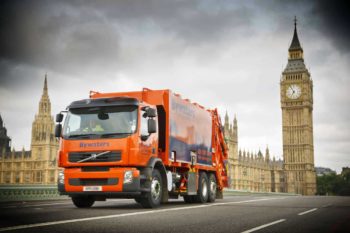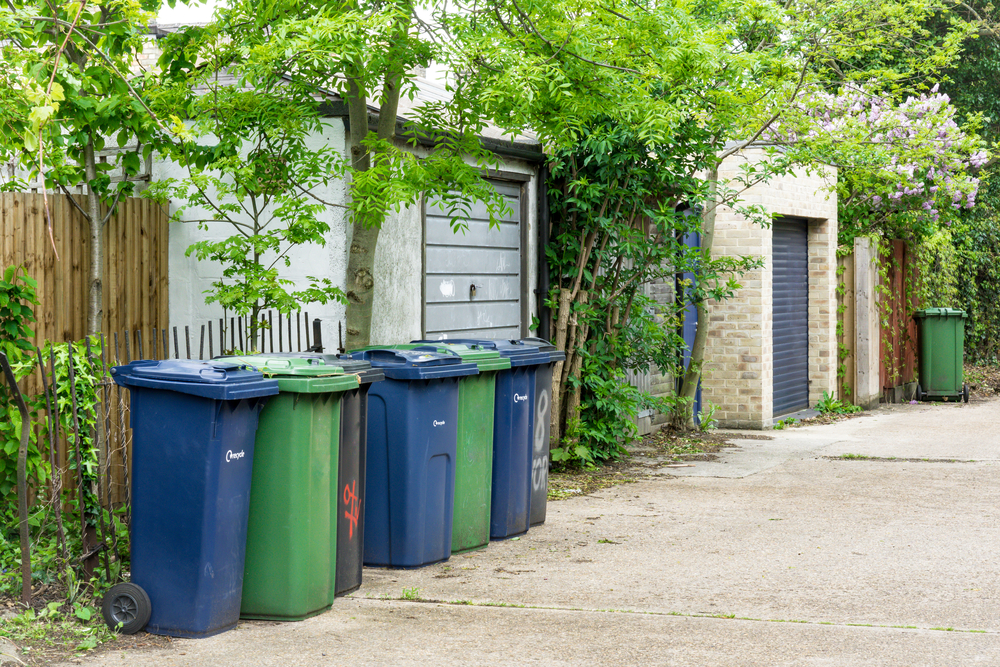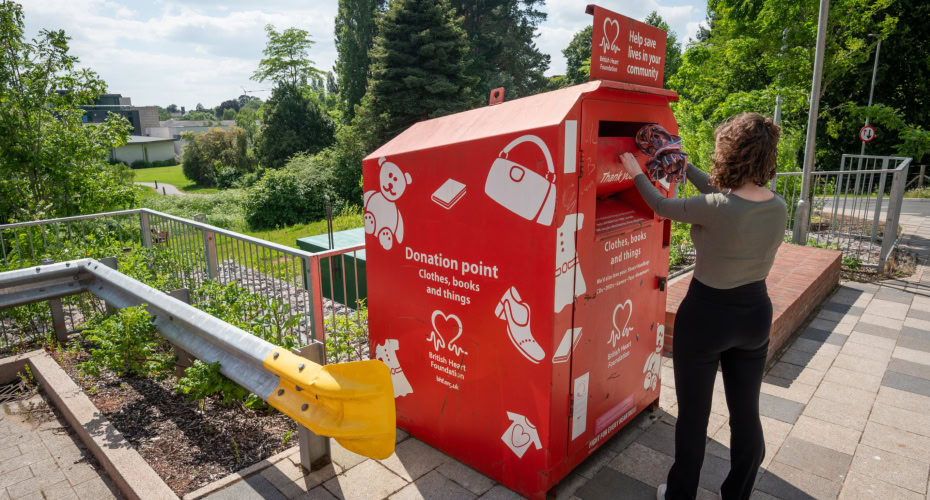Oxford to remove bring banks
Oxford city council has announced that bring banks will be removed due to issues including overflowing bins, contamination with non-recyclable items, and fly-tipping.
The council explained that the recycling bring banks, which have been used for glass, cans, plastic, paper, clothing and small electrical items, are “due to be phased out from the end of September”.
The council said the move was agreed as part of its budget-setting process earlier this year after it was estimated that it would save over £100,000 over the next three years. It outlined that inappropriate use of the sites is common, highlighting three main issues. These were contamination, fly-tipping and the disposing of trade waste when the sites are for household waste only.
The council then said that the banks have been operated by charities and council-owned waste management company Oxford District Services. Currently, there are approximately 160 bring banks spread across 23 sites, it continued. It added that once removed, they are to be recycled or repurposed. The local authority also noted that charity bring banks located on private land will not be removed, adding that this includes those at supermarkets.
Recycling technique used for road maintenance
A south Oxfordshire road has been resurfaced using a recycling technique which reuses all of the existing surfacing material, according to Oxfordshire county council.
The council said that the technique, known as in-situ cold recycling, also allowed the road to be reopened eight days quicker than by using conventional resurfacing techniques. The work was carried out with the council’s contractor Milestone Infrastructure and its partner Stabilised Pavements Limited, it added.

The local authority outlined that in-situ cold recycling involves pulverising the existing carriageway in its original place and then mixing it with foamed bitumen and cementitious powder to create a new 300mm-deep strengthened carriageway.
The material is then compacted to return the recycled layer back to the required road level before a thin surface layer, known as surface dressing, is applied to seal the surface and provide the required skid resistance, it continued.
The technique doesn’t require the material to be heated and involves a lot less virgin materials, the council highlighted. It also noted that it is estimated to reduce carbon by approximately 71% compared to conventional surfacing of the same depth.
Kingston switches to all-electric waste fleet
Kingston council has announced it is rolling out a new fleet of electric waste collection vehicles in partnership with Veolia.
The council set out that the move will see 27 vehicles replace the current diesel fleet from September, with the switch planned to be complete by the end of October. It is hoped to help improve the borough’s air quality and contribute to the council’s climate targets by reducing the carbon emissions from waste and recycling collection, removing 554 tonnes of carbon dioxide per year.

Additionally, the local authority noted that the new fleet is set to improve collection of food waste, which is currently collected on the same vehicle as recycling and placed into different compartments. The council explained that moving forward, households will be visited each week by a larger electric recycling truck and a smaller electric food waste truck. This means that each vehicle will be able to stay on the road longer, only having to go to the tip when completely full.
The council said it hopes that the change will help encourage residents to recycle more, as a recent study showed that over a quarter of residual waste is still made up by food waste.
Tower Hamlets brings Bywaters in amid strike
Tower Hamlets council has announced that it has brought in Bywaters to clear the waste that has built up since a number of the council’s waste service workers went on strike on 18 September.
The council apologised to residents about the current waste strike action, which started on 18 September and is planned to last until 1 October. It outlined that Bywaters, a waste company based in East London, has been brought in last week (23 September) to help with the build-up of waste. This is despite the fact that when initially announcing the strikes, the council noted it was “prohibited from bringing in additional resources during this time”.

The waste service workers who are members of the union Unite are taking part in industrial action due to a national pay dispute, the council explained.
Outlining some of the measures to ease the impact, the council said it is prioritising high rise buildings, markets, commercial areas and main highways as well as relocating staff not on strike to cover missed collections. The residents were also encouraged to help by producing less waste.










Subscribe for free